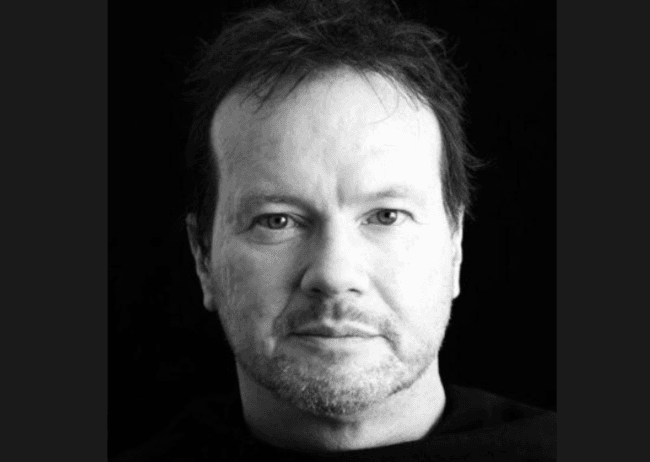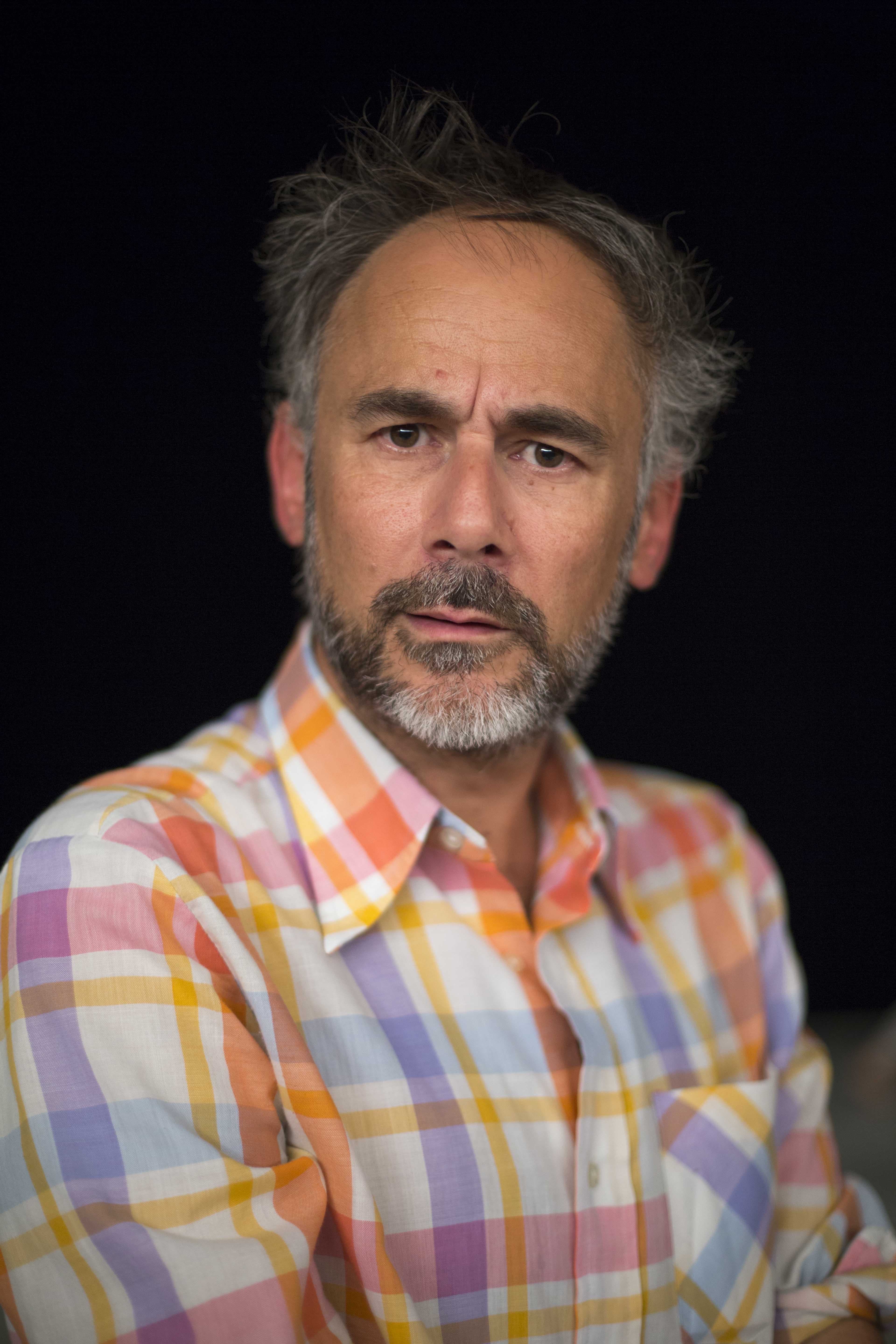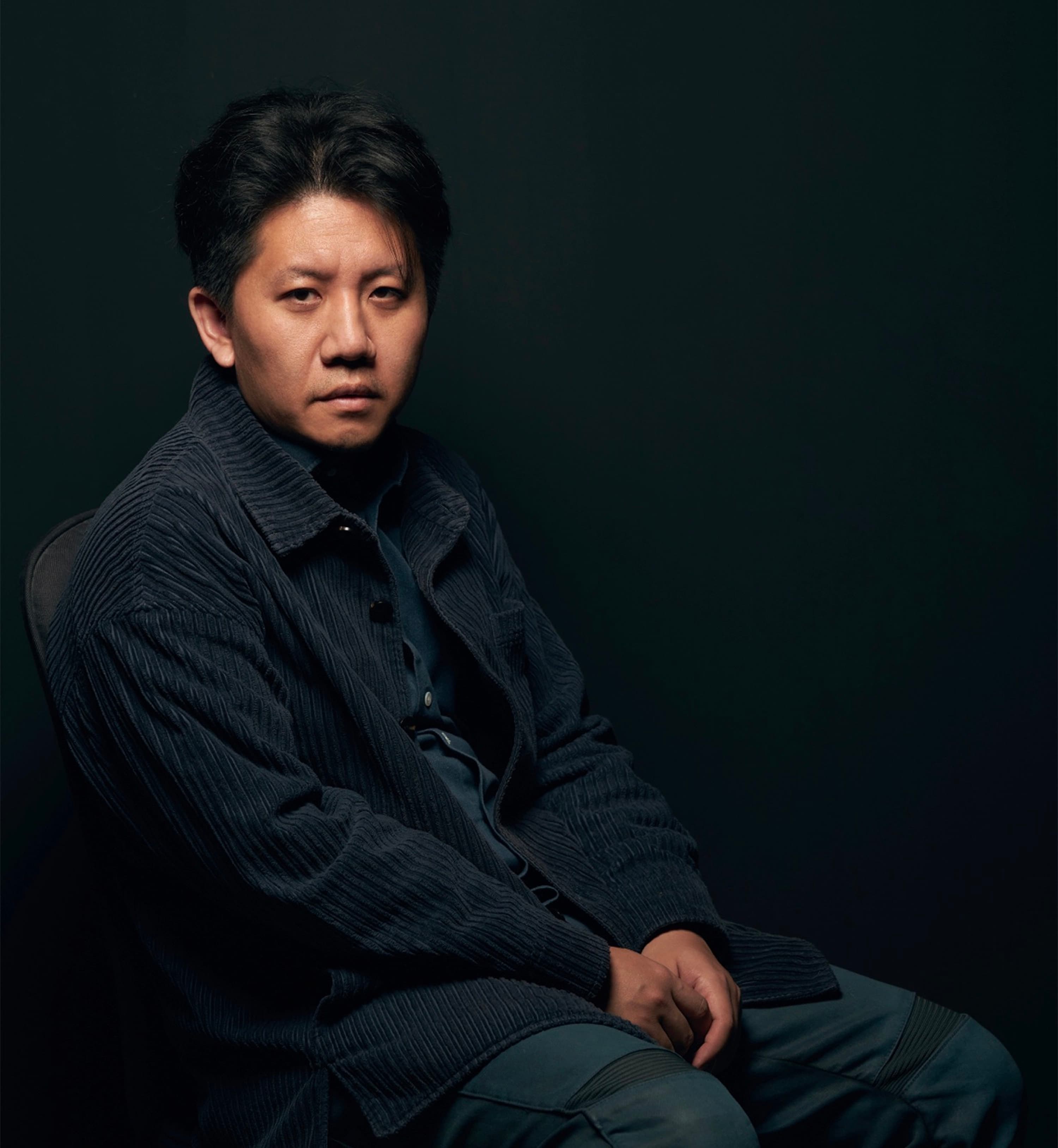Keynotes
Timothy Morton
Sep 27 at 16:00 PM GMT+2
Timothy Morton is a philosopher and writer, author of 25 books translated into 20 languages, including Hyperobjects and Hell. Their work spans theory, opera, and visual art, with collaborations alongside artists such as Björk, Jennifer Walshe, and Justin Guariglia. Morton is the Rita Shea Guffey Chair of English at Rice University and a leading voice in ecological thought and contemporary culture.
Jérôme Bel
Sep 28 at 11:00 AM GMT+2
Jérôme Bel is a French choreographer whose work challenges the conventions of dance and theatre. From his early structuralist explorations of performance to intimate dancer portraits and large-scale pieces featuring non-traditional performers, his practice deconstructs choreography to foreground individuality, diversity, and political critique. In recent years, his work has also engaged ecological concerns, privileging sustainability in creation and touring. His performances have been presented at major institutions worldwide, and he is recognized with numerous international awards.
Zigeng Wang
Sep 26 at 11:00 AM GMT+2
Zigeng Wang is an architect, artist, and curator. He is Associate Professor, Deputy Head of the Department of Architecture, and Director of Media and Exhibition at the Central Academy of Fine Arts in Beijing. Founder and principal of PILLS, his work spans environmental technology, spatial narrative, and architectural exhibitions. He has curated for major international platforms, including the China Pavilion at the Venice Architecture Biennale 2025 and Expo Osaka 2025, and has received numerous international awards for design and curatorial innovation.
See Also







